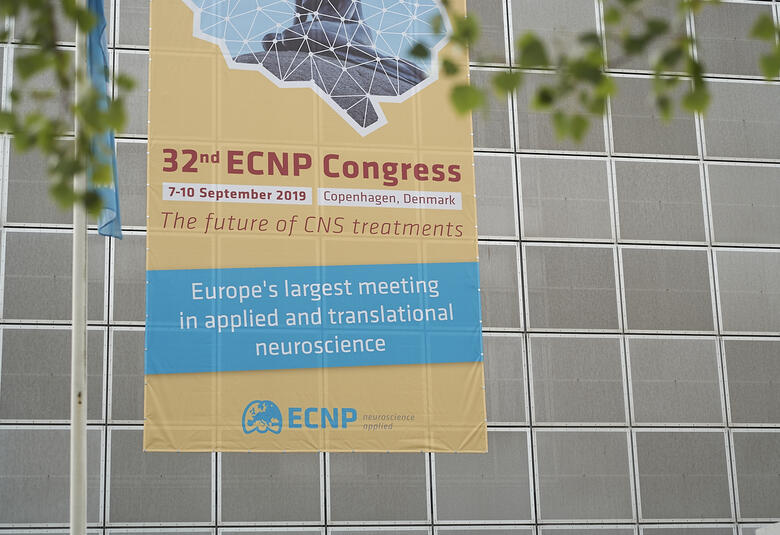Joel Gailledreau, psychiatrist, and Béatrice Gailledreau, general practitioner, work at the private “Ambroise Paré” practice and clinical investigation centre near Versailles, France. Their participation in research into major depression suggests that the time of year clinical trials take place, and more specifically the amount of sunlight subjects are exposed to, influence the size of the placebo effect.
What have you learned from your extensive involvement in clinical trials in major depressive disorder (MDD)?
We have tried to understand what underlies the placebo effect. Our data from many years suggests that the size of the placebo effect in women under fifty, who make up two-thirds or more of clinical trial subjects, relates to sunshine.
This was evident in studies over the period 2007-2010 which compared novel molecules against a reference compound and placebo. These trials were conducted over the summer period between April and September. In each of them the placebo effect was substantial and similar in size to both the potential new antidepressant and the reference compound.
Using Météo France data on sunlight index, we found a clear relationship between the extent of the placebo effect and sunlight.
This effect, which is seen in younger women but not in older women or men, is plausible given data from rats showing that central serotonin levels are affected by the oestrus cycle and increased by exposure to sunlight.
Our feeling is that we should take these findings into account when deciding treatment. With a 30-40 year old woman with MDD in summer, we might try starting with cognitive therapy, and perhaps turn to medication later. But a man developing MDD in winter will be likely to get a prescription.
What are the biggest challenges in treating MDD?
Each year, we see around 50 patients with a first episode of MDD and have around 200 long-term patients. We use antidepressants and cognitive therapy – which in our hands means a little bit of behavioural therapy and a lot of psychotherapy.
Reducing the chance of treatment failure and then preventing relapse are the major problems. Part of this is persuading patients to take treatment long enough, and so is a compliance issue, but there is also the question of treatment efficacy.
We assess patients at the start of therapy and then at six weeks. We use several scales of quantitative psychopathology: the Montgomery Asberg Depression Rating Scale (MADRS) and the self-report Inventory of Depressive Symptomatology (IDS-SR) but also the Personality Diagnostic Questionnaire-4. Patients with depression are likely to have features of personality disorder, but these are traits not states; and they reduce with recovery from depression.
We find that around 50% of patients do not get a 50% reduction on MADRS at six weeks. Results with the IDS-SR are usually consistent. That is often the trigger to switch treatment.
What are the most problematic residual symptoms?
They are heterogeneous. But many patients complain that their sleep has not improved quickly enough. They focus on this and it causes anxiety. Patients also talk about continued lack of motivation.


